I have 2 lists of numbers.
public int[] numbersA = { 0, 2, 4 };
public int[] numbersB = { 1, 3, 5 };
I need output like below
Expected Result
0 is less than 1
0 is less than 3
0 is less than 5
2 is less than 3
2 is less than 5
4 is less than 5
How is it possible through LINQ method syntax?
